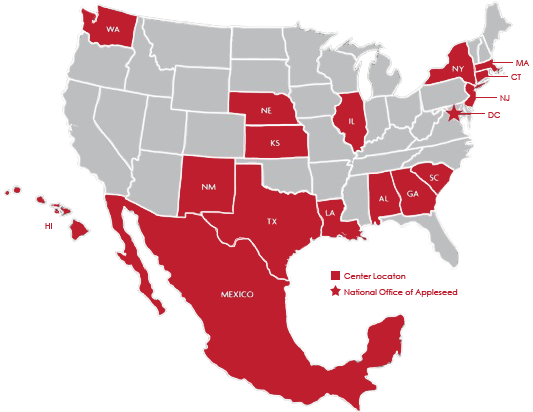![]()

Kick off the holiday season right and participate in Giving Tuesday on November 28! Join us in celebrating the global day of giving by creating positive impact in our communities.
Giving Tuesday is about working together to make a difference. How will you give this Giving Tuesday?
Volunteer
Give your time on Giving Tuesday and volunteer! With thousands of unrepresented litigants across the state, there’s an urgent need for pro bono representation. Don’t feel comfortable in a courtroom? Contact us at inquiry@massappleseed.org for volunteer opportunities at MA Appleseed. We welcome any skill set, from research, to legal expertise, to marketing, and everything in between!
Donate
Give a gift to support access to justice in Massachusetts! We envision a world where everyone gets their fair day in court, regardless of how much money they have or what language they speak. Your generosity can make this vision a reality. Join the movement and give back on November 28!
Become a Fundraiser
This year, we’re taking part in the Newman’s Own Foundation 500k Holiday Challenge! Participating organizations compete for up to $500,000 from when the Challenge launches on November 21, 2017 to when it ends on January 3, 2018.
Join us for the #GivingTuesday Bonus Challenge, where the organization that raises the most on November 28 will win $50,000. Click here to create your own fundraiser to spread the word and support our cause!
Mobilize
Your voice is your most powerful tool – so use it! Share on Facebook and Twitter why you care and what inspires you to give. Enter the #MyGivingStory contest to win up to $10,000 to donate to a charity of your choice, post a pic of you volunteering, or reach out to friends and family – why do they give? Start a conversation online and be sure to tag us @MassAppleseed!
For more information, please contact Madeline Poage, Development and Communications Assistant, at madeline@massappleseed.org.




